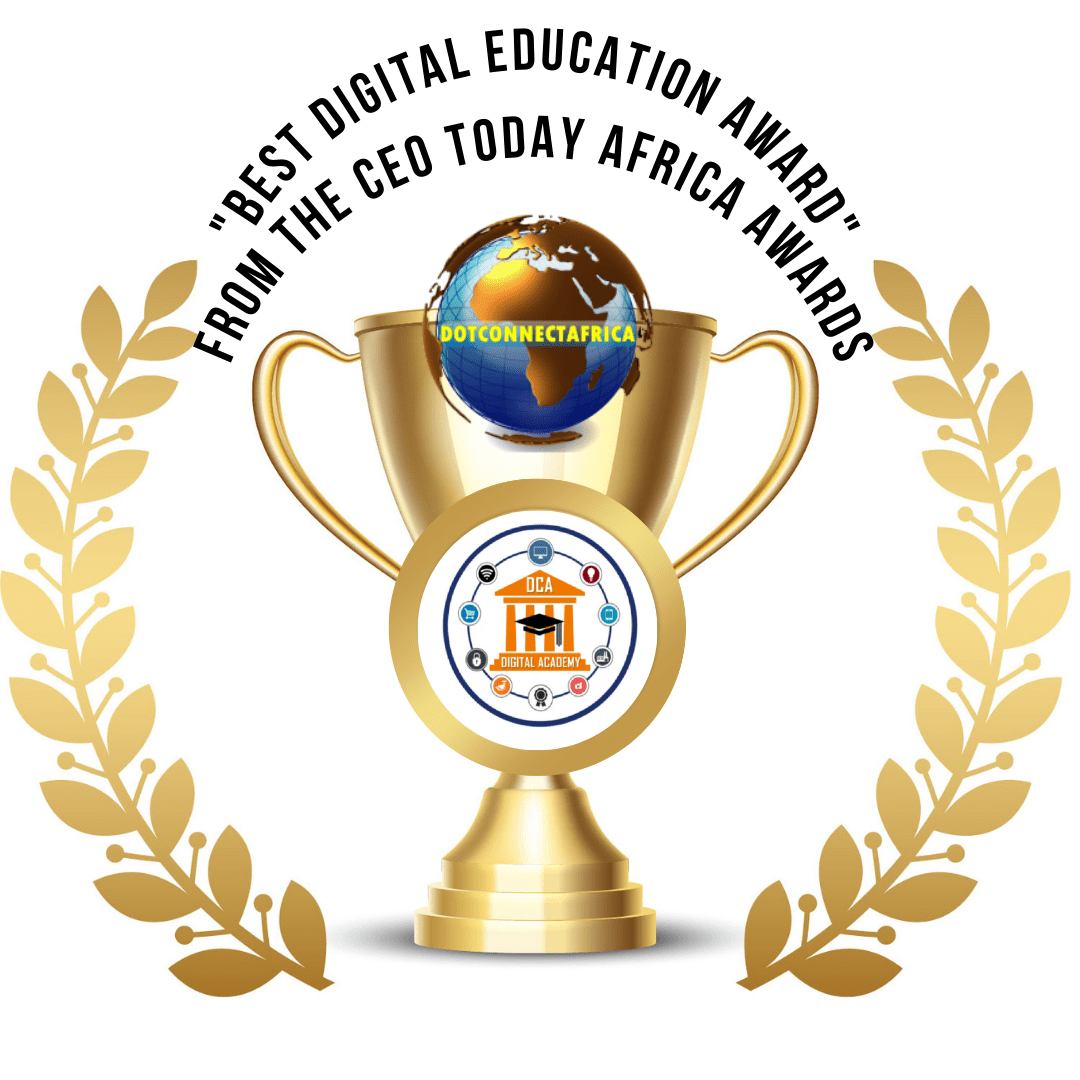
DCA Archive News • DCA Archive News • DCA Archive News • DCA Archive News • DCA Archive News • DCA Archive News • DCA Archive News • DCA Archive News • DCA Archive News • News
Celebrating International Girls’ Day in ICT!
May 2, 2023
Today we join the rest of the world in commemorating International Girls in ICT Day.
The day is an initiative of the International Telecommunication Union (ITU), which is observed annually on the fourth Thursday of April. This year’s theme is ‘’Digital Skills for Life.’’
Women are underrepresented in ICT roles globally, and despite numerous attempts to enhance female involvement, no country has achieved parity. This inequality persists through the 21st century, and the ITU argues that the need for diversity, equity, and inclusion of women in STEM is dire, as less than 30% of STEM professionals are female.
The digital gender gap is even more alarming in poor economies like Africa, where women account for 34% of internet users compared to 45% of men.
As we commemorate this day, we aim to spur a global movement to increase the representation of girls and women in technology in Africa, where statistics show girls are 23% less likely than men to be online.
DCA remains at the forefront of increasing internet connectivity and bridging the digital gender divide through initiatives like Miss.Africa Digital/Fempower.
Through our Miss. Africa program, we have over the last decade inspired young women and girls across the African continent to pursue careers and studies in Science, Technology, Engineering, and Mathematics (STEM). Through its annual Seed Fund program, the program has been implemented in 15 African nations and has impacted over 10,000 women and girls, including youth.
In line with this year’s theme, technology plays a crucial role in all kinds of careers, from art and history to law, primary teaching, and graphic design.
Girls who master computer skills at an early age will be better prepared for economic independence. Furthermore, more girls and women are required in the ICT sector.
Technology and innovation will also drive future employment creation—65% of students entering primary school today will work in jobs that do not yet exist.
We continue to invite and welcome partners to join us as we work towards achieving gender equality and empowering young girls and women in the fields of Science, Technology, Engineering, and Mathematics (STEM) throughout Africa. Read More
 Skip to content
Skip to content







Recent Comments